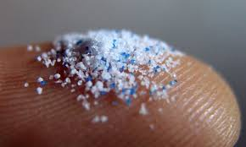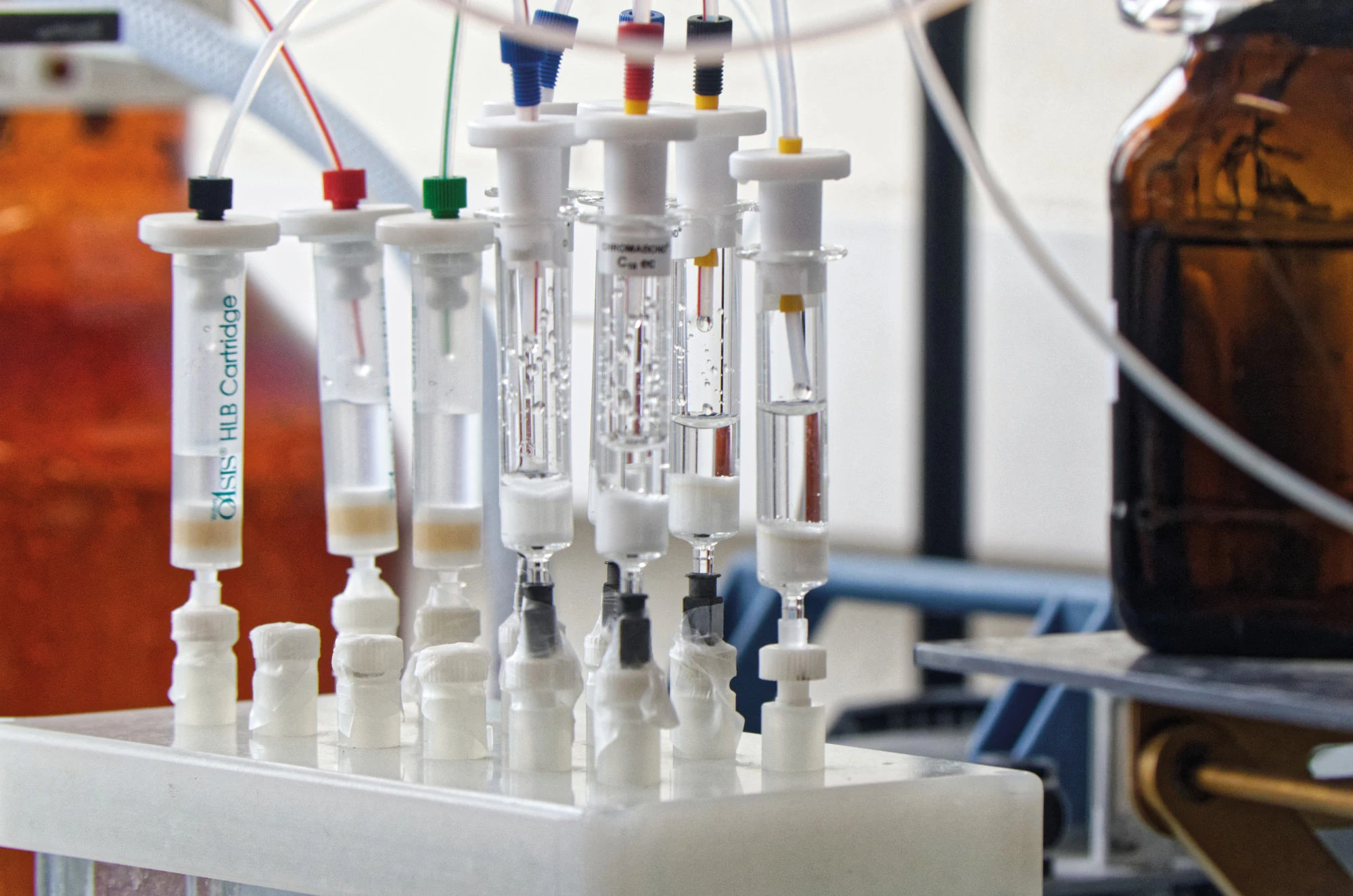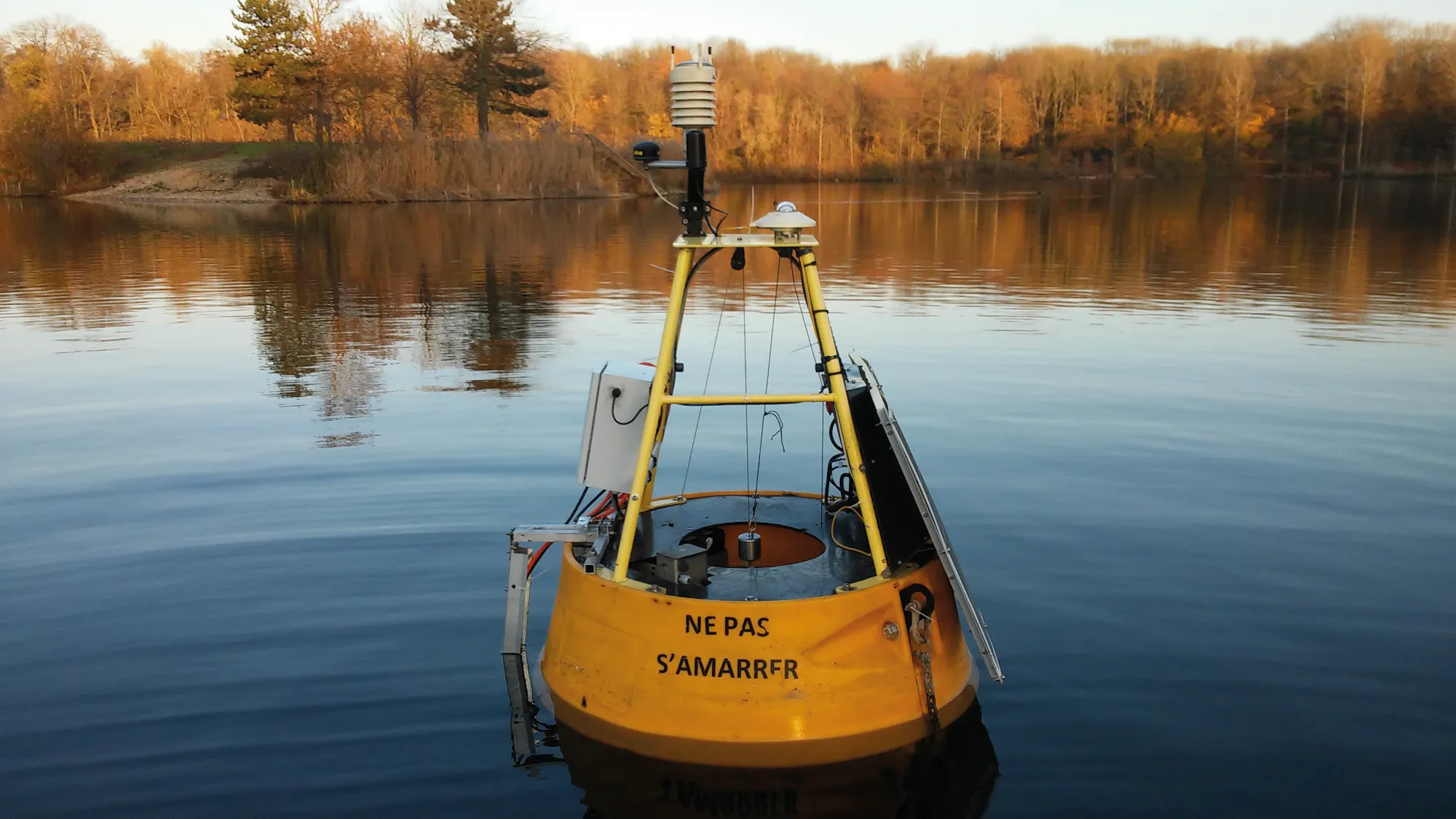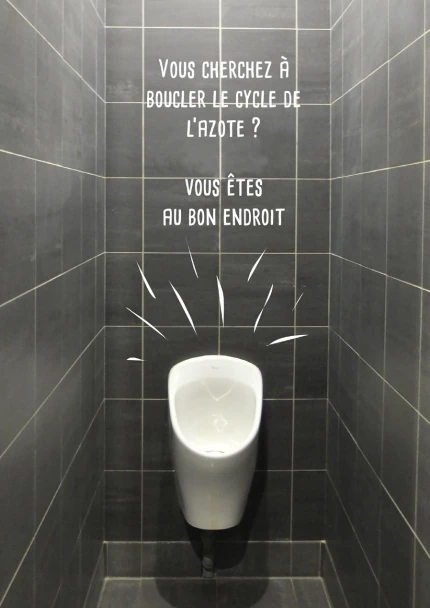- Recrutements
- Contacts
- Annuaires
- Choix du langage :
Dernières publications
934.
- titre
- Do suspended particles matter for wastewater-based epidemiology?
- auteur
- Gauthier Bernier-Turpin, Régis Moilleron, Chloé Cenik, Fabrice Alliot, Sabrina Guérin-Rechdaoui, Thomas Thiebault
- article
- Water Research, In press, 280, pp.123543. ⟨10.1016/j.watres.2025.123543⟩
- titre
- Plastic debris dataset on the Seine riverbanks: up to 38 000 pre-production plastic pellets reported per square meter
- auteur
- Romain Tramoy, Laurent Colasse, Johnny Gasperi, Bruno Tassin
- article
- Data in Brief, 2025, pp.111735. ⟨10.1016/j.dib.2025.111735⟩
- titre
- La persistance des champs d’épandage d’eaux usées de l’agglomération parisienne au cours du second XXe siècle
- auteur
- Etienne Dufour
- article
- Métropolitiques, 2025, ⟨10.56698/metropolitiques.2174⟩
- titre
- Stock and vertical distribution of microplastics and tire and road wear particles into the soils of a high-traffic roadside biofiltration swale
- auteur
- Max Beaurepaire, Tiago de Oliveira, Johnny Gasperi, Romain Tramoy, Mohamed Saad, Bruno Tassin, Rachid Dris
- article
- Environmental Pollution, 2025, 373, pp.126092. ⟨10.1016/j.envpol.2025.126092⟩
- titre
- Litter in French urban areas—part 1: composition, sources, and spatio-temporal variations on urban surfaces
- auteur
- Lauriane Ledieu, Romain Tramoy, David Mabilais, Sophie Ricordel, Zoé Bridant, Eric Bouchet, Clémence Bruttin, Bruno Tassin, Johnny Gasperi
- article
- Environmental Science and Pollution Research, 2025, 32 (16), pp.10135-10148. ⟨10.1007/s11356-024-35203-8⟩
Séminaire d’Ute Schoknecht et Nikola Vasiljević le 7 juin 2012
publié le , mis à jour le
Le prochain séminaire du LEESU aura lieu le jeudi 7 juin mai 2012 à l’École des Ponts ParisTech (plan d’accès), à 10h en salle V002. Il sera constitué de deux interventions :
- Ute Schoknechts (BAM Federal Institute for Materials Research and Testing) : "Estimation of leaching from materials treated with biocidal products". Le résumé de la présentation est : Marketing of biocidal products within Europe is regulated by the Biocidal Products Directive (98/8/EC). This regulation requires the authorization of biocidal active substances within Europe and national authorization procedures for biocidal products in the member states. Harmonised data requirements and evaluation guidelines apply for both procedures. One of the basic requirements to obtain authorizations is that acceptable risks of active substances and biocidal products can be assumed for humans as well as the environment. Environmental risk assessments are based on ecotoxicological data. In addition, expected concentrations in environmental compartments have to be estimated. Currently, mainly products that already have been on the market are under evaluation. However, the assessment procedures have to be applicable also for new products, i.e. without experiences originating from service life conditions. Leaching processes have to be considered for materials that are treated with biocidal products and exposed to water contact during service life. Field studies are often used to estimate leaching of biocides. Alternatively, data from lab tests can be provided for risk assess¬ments. There are harmonized laboratory leaching tests for treated wood and coatings (CEN-TS15119 Part 1 and 2, OECD Guideline 313, OECD Guidance Document 107, EN 16105). These tests include either permanent or intermittent water contact to simulate wet and dry periods. Very often the test results describe diffusion controlled emission processes. However, the test method can influence the test results. Laboratory tests are suitable to describe accelerated leaching processes reproducibly, compare and optimize products. However, the concept to apply laboratory leaching test results for the estimation of biocide emission requires further improvement. Existing experiences show, that leaching under service life conditions is slower than expected from the laboratory tests. In addition, exposure conditions and stability of organic substances influ¬ence leaching processes. These aspects are investigated within a current project supported by the German environmental agency.
- Nikola Vasiljević (Technical University of Denmark) : "The long-range windscanner". Le résumé de la présentation est disponible ci-dessous.
Les pdf des présentations sont disponibles en cliquant ici(il faut être en intranet pour que cela fonctionne).









 Productions scientifiques
Productions scientifiques Moyens techniques et équipements
Moyens techniques et équipements Expertise et disciplines
Expertise et disciplines


